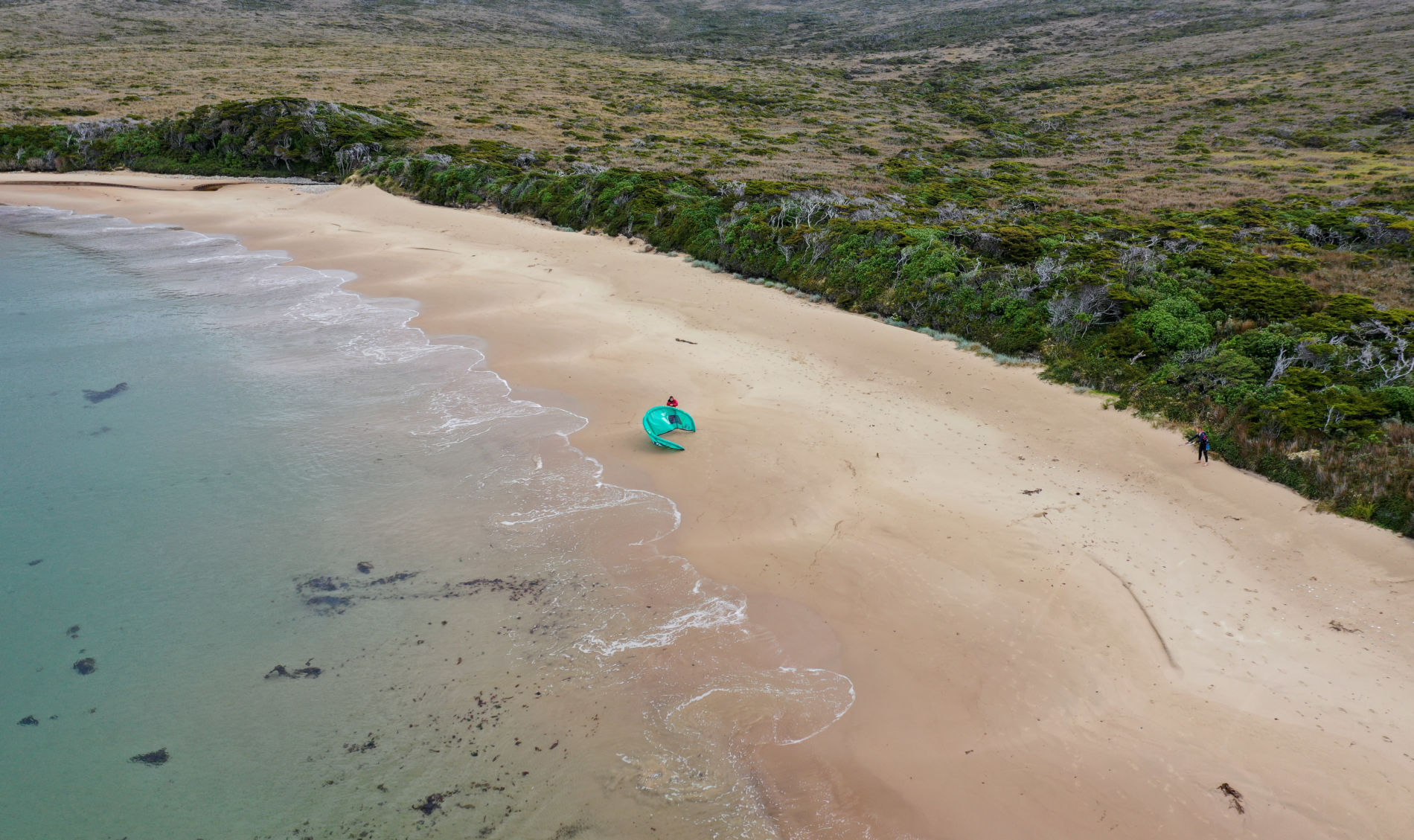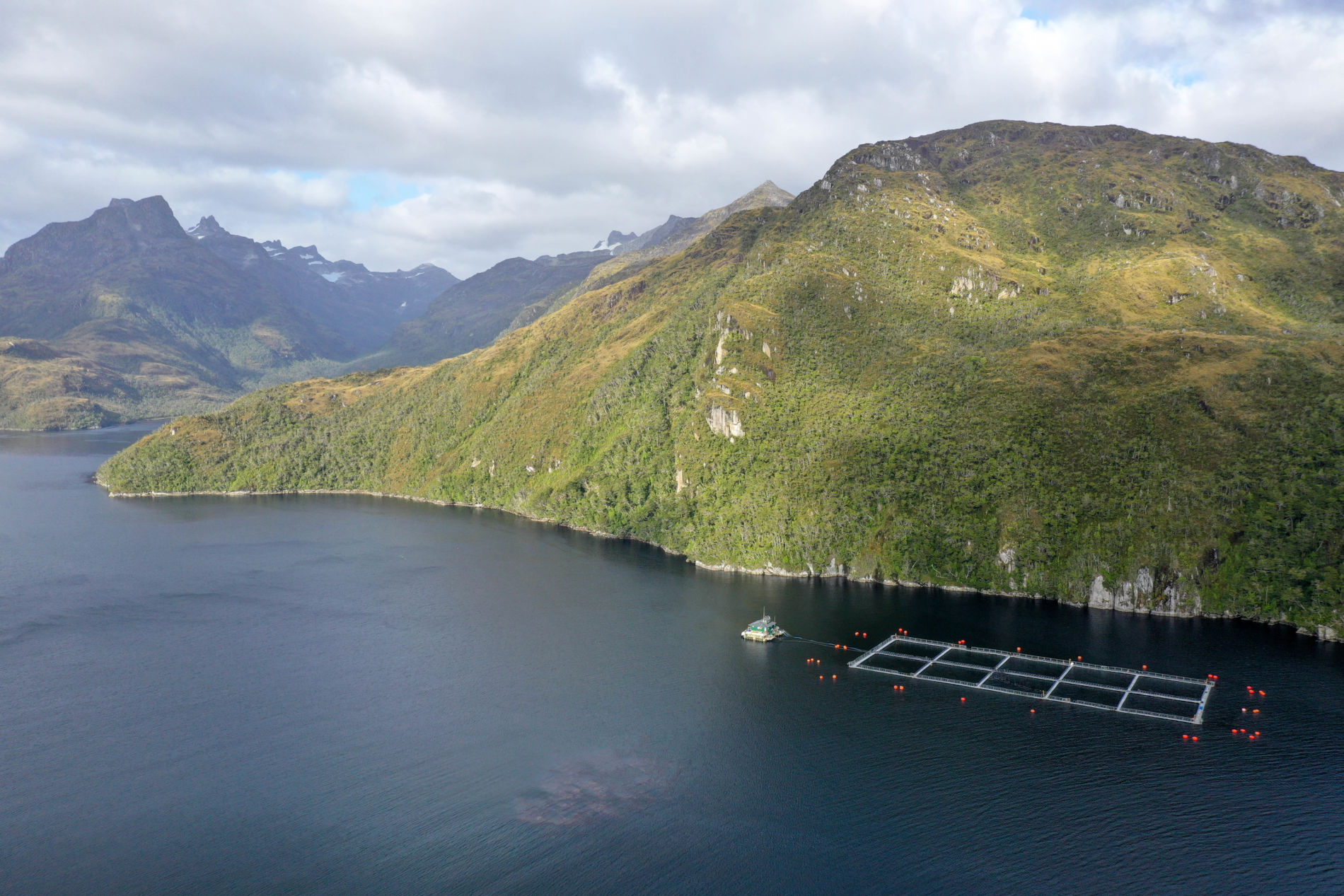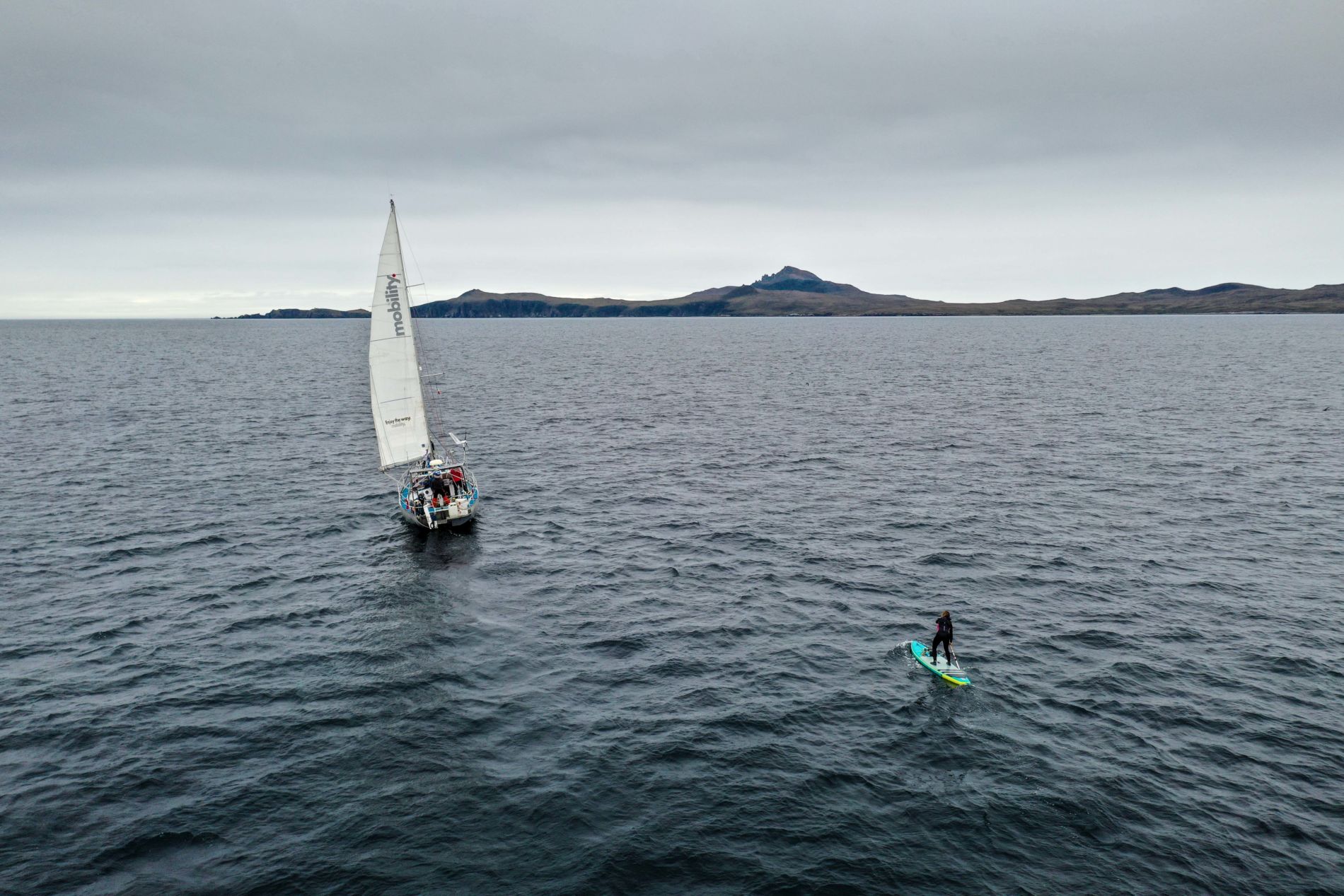What does the future hold for ski resorts?
Trapped between the effects of climate change and the social and economic repercussions of the Covid crises, should ski stations change their economic model?
The issue
Since the beginning of skiing in France in 1928, 168 ski resorts have stopped operating, about 28% of all structures.
The majority of them are small-to-medium ski stations, located in an area where it does not snow enough since many years. According to the newspaper Reporterre, today “the future of alpine skiing si between 1500 and 2000 metres of altitude”. Moreover, they have to be able to “upgrade existing lifts, comply with regulations, and deal with an increasingly fierce competition. We will essentially see a ski landscape dominated by big international players”.
All this creates important sustainability issues for the industry. To create artificial snow, heat building, and run ski lifts ski resorts consume a lot of energy.
This brings us to a paradox. On the one hand, the current business model of ski resorts is threatened by climate change, and on the other hand, ski resorts contribute to CO2 emissions that are at the root of the problem. The need for innovative solutions is becoming more and more pressing.
Solutions on the table
Various solutions have been proposed. A university study proposes to integrate “smart” systems in the management of natural resources. The advice: use the same innovative technologies we find in big cities across Europe that have been forced to improve their energy efficiency. Among other things, this also entails the use of renewable energy and to favour local sources to face the 21st century’s sustainability challenges.
In contrast, some activists have proposed a more “autonomous” form of winter sports. Namely, prioritising backcountry skiing and ski-mountaineering, disciplines relying on one’s own energy, and not on ski lifts. This could be a more and more likely option in case the prolonged Covid crises puts a halt on the upcoming ski season.
Acting together
We need to start asking ourselves uncomfortable questions on how to transform this activity to make it respectful of natural environments and planetary boundaries. And at the same time guarantee that skiing is a source of income and well-being for all the concerned parties in the mountains.
Through our actions in local schools in Haute-Savoie, we try to understand the needs and the expectations of future generations. They will deal with the effects of our actions today.
Keep following us to stay up-to-date with our projects and local interventions favouring mountain communities.
[1] http://www.theses.fr/s175542
See also
While the adventure in Tierra del Fuego ended just a few weeks ago, let’s take a look back on the highlights of this epic journey. Joining the Maewan sailboat and ... Explore
Explore
Once upon a fabulous Patagonian adventure
 Explore
Explore
Fancy a bite of salmon? An insight into the sanitary and environmental disasters caused by aquaculture
 Explore
Explore
